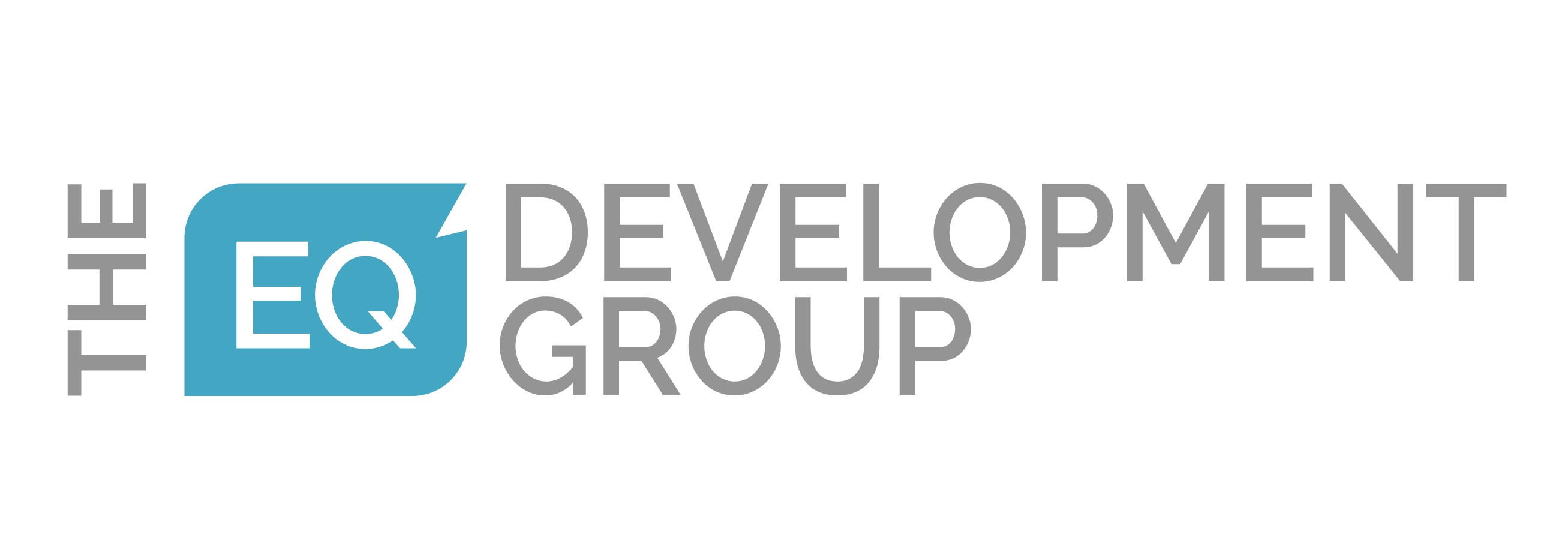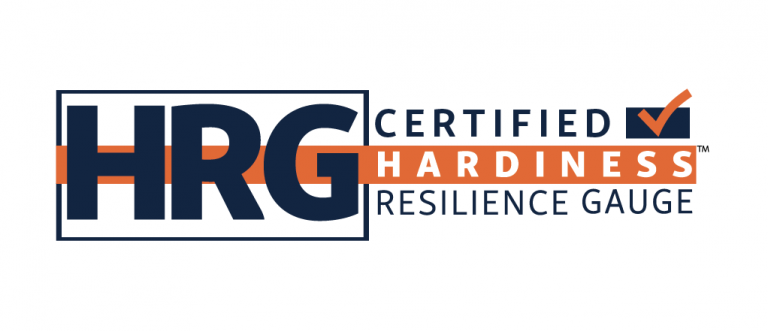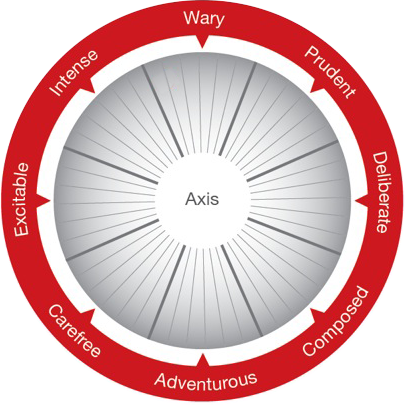Five BIG Mistakes People Make With Feedback
There is a saying that goes something like “feedback is hard to take from a friend, family member, peer, stranger, co-worker, or boss.” Sure there are exceptions – some people are immune to feedback completely, but I will leave that discussion for a later blog post!
Tools like the EQ360 are designed to collect great feedback. Debriefs are the point in time when all of the information is combed through, analyzed, interpreted and provided to the client. Debriefs are where the rubber meets the road.
I am always interested to see how people react to feedback, and over time I have seen just about every imaginable reaction, so here are the most common mistakes I see people make when they receive feedback. Interestingly these reactions apply to both positive and constructive/negative feedback.
- Over-compensating – I debriefed a client some time back who had one piece of feedback related to how they show up in meetings. Their solution was to immediately stop doing that activity. Completely. The challenge was that the feedback from various sources suggested they should do LESS of that activity, not stop completely. Similarly, feedback suggesting someone do more of something doesn’t mean they should do it as much as possible.
- Negativity/Positivity bias – A client gets 14 responses to one item on a feedback survey. One piece of feedback mentions a negative action or attribute. The other thirteen are neutral or positive. It’s not unusual for a client to dismiss the positives and neutrals and focus wholly on the negatives. Similarly I have seen clients see one positive comment and dismiss all of the other feedback that is neutral or negative. This may be a good opportunity for the client to explore why one person might be having a different experience of them than the other raters.
- Throwing the baby out with the bathwater – Sometimes clients will dismiss a piece of feedback completely – perhaps because of the way it is worded or the irrelevance (to them) of the example or the score. Rather than dismiss the feedback completely, there is a value in working to understand what the rater was trying to communicate, or even why they decided to mention it at all.
- Dismissing based on source –Clients who are in conflict with another person (for example, their manager), often dismiss all feedback from that source as invalid. While its true there may be biases, it shouldn’t be dismissed out of hand. Look for patterns in feedback. If a manager scores a person generally low, but higher on some elements, they are obviously willing to acknowledge the areas where they feel the person has some strength.
- Not giving it soak time – Highly action oriented individuals will sometimes decide to take action on feedback very close to receiving it. I have even had someone go and talk to their manager during a coffee break in the debrief session. I always encourage clients to take some time, come up with a strong plan of action, and then address the feedback. A little time to reflect does wonders for coming up with a stronger action plan.
Helping people make good decisions about what to do with feedback is part of an effective debrief, so take every opportunity to help your clients to not make the mistakes I talked about here. I would also be interested in hearing from you about what other common mistakes you have seen people make.




